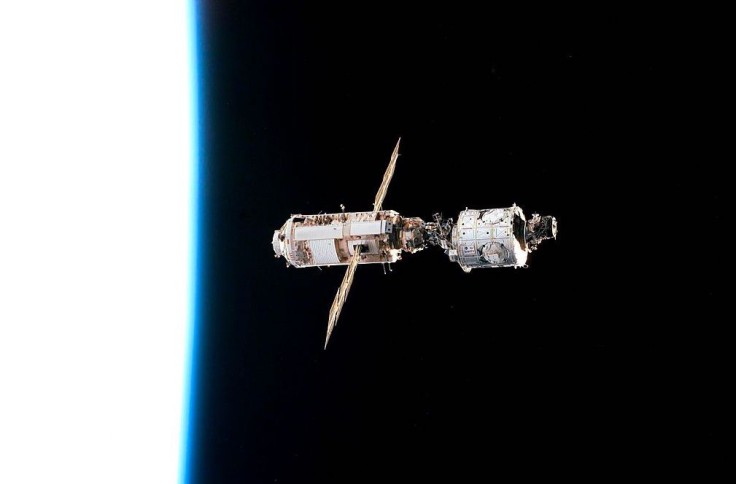It is usual for satellites that orbit the Earth to eventually fall back to the planet, burning up in the atmosphere in the process.
However, there has been an unusual activity in space as over the last few years, satellites fall out of their orbits at an increasingly alarming rates, according to Interesting Engineering.
This is a strange phenomenon that can be attributed to the sun's activity.

Satellites are Plummeting to Earth 10 Times Faster Than Before
The unusual space phenomenon concerning the increasing number of crashing satellites coincided with the onset of the new solar cycle. There has been a significant increase in satellites falling and crashing as it accounted to 10 times faster than before.
"In the last five, six years, the satellites were sinking about two and a half kilometers [1.5 miles] a year. But since December last year, they have been virtually diving. The sink rate between December and April has been 20 kilometers [12 miles] per year." Anja Stromme, ESA's Swarm mission manager, told Space.com.
It was observed that the sun has been acting up, generating more and more solar wind, sunspots, solar flares, and coronal mass ejections since last fall. All of these have a significant impact on Earth's upper atmosphere.
What is happening to the sun is a result of the star ending an 11-year solar cycle and this phenomenon results in mayhem for our satellites.
"There is a lot of complex physics that we still don't fully understand going on in the upper layers of the atmosphere where it interacts with the solar wind. We know that this interaction causes an upwelling of the atmosphere. That means that the denser air shifts upwards to higher altitudes." Stromme said.
The situation is "bound to affect all spacecraft located around the 250-mile altitude," according to Stromme. To stay afloat, the International Space Station will have to perform more frequent reboots maneuvers.
But since common satellites don't have propulsion systems, they will have a shorter lifetime in orbit, said Stromme.
Read Also: SpaceX Starlink's Internet Satellite Gets FCC Approval To Be Used on Vehicles in Motion
Crashing of Satellites Will Eventually Clear Space Debris From the Orbit
Although the harsh solar activity has bad effects to satellite, the situation can clear the space debris from the orbit around Earth.
A region in space has become populated with hundreds of new satellites over the past decade. In addition there has been a worrying clutter of space debris such as old satellites, spent rocket stages and collision fragments.
Hugh Lewis, a professor of engineering and physical sciences at the University of Southampton in the U.K. who studies the behavior of satellites in low Earth orbit, told Space.com that the "omnipresent junk hurtling around the planet threatens the safety of satellite services."
Moreover, according to Space.com, the presence of debris in space might trigger "an out-of-control situation known as Kessler syndrome, an unstoppable cascade of collisions."
"Generally speaking, increasing solar activity - and its effect on the upper atmosphere - is good news from a space debris perspective, as it reduces orbital lifetimes of the debris and provides a useful 'cleaning service,'" Lewis said.
Jonathan McDowell, a space debris expert at the Harvard-Smithsonian Center for Astrophysics, stated we can already observe the positive effect. In fact, the November 2021 Russian anti-satellite missile test fragments are now coming down at a much faster rate.
However, despite of the positive effect of this cleansing process, there's also a downside.
"The increased rate of decay of debris objects can be perceived almost like rain. When solar activity is high, the 'rain' rate is higher, and missions at lower altitudes will potentially experience a greater flux of debris." Lewis said.
Related Article: NASA, NOAA Confirm GOES-T Weather Satellite Launch on March 1









